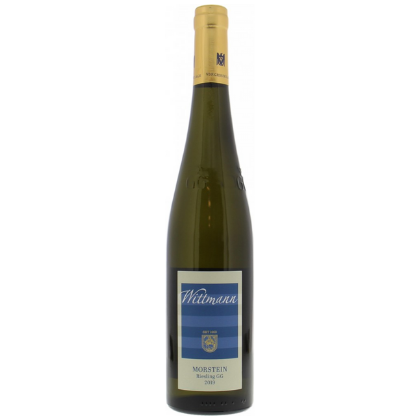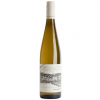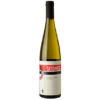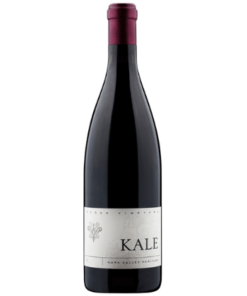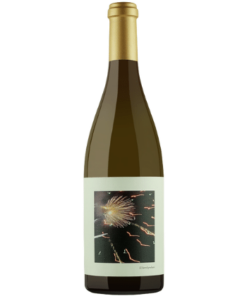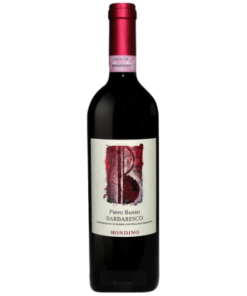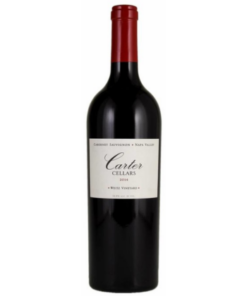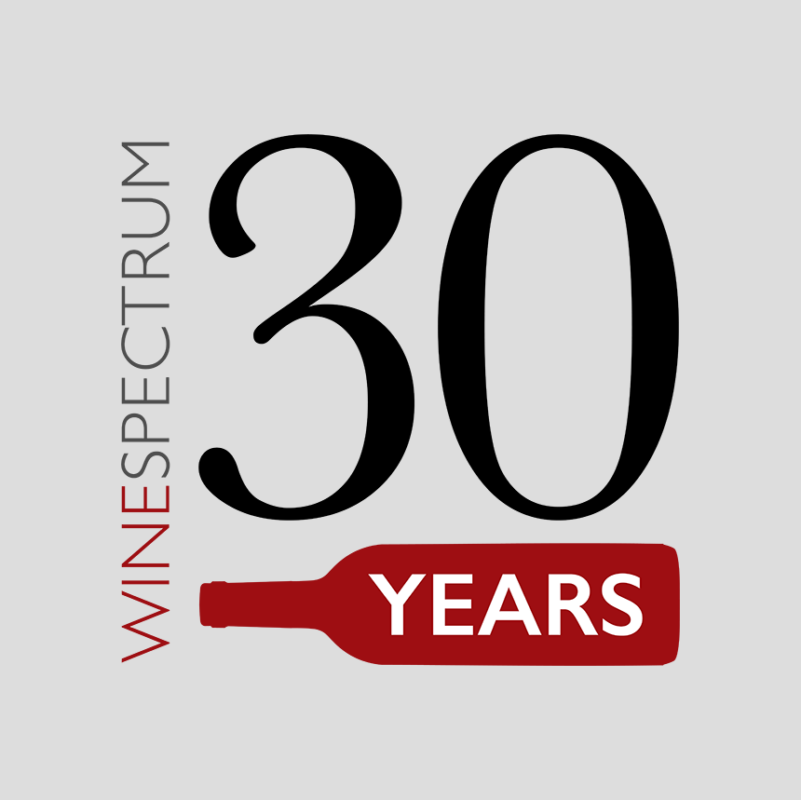2019 Wittmann Riesling Morstein Grosses Gewächs Rheinhessen Germany
$ 139.00
Questions? Ask a Wine Advisor
Shipping InformationJS100 Let go of the narrow human world and fall into this expansive dry riesling that busts out of the conventional framework for the grape variety. And that’s what makes it so difficult to describe. However, there is certainly more yellow fruit (mirabelle, but also a hint of pineapple) than white (some ripe pear) and the minerality is huge, yet totally precise and delicate. The finish really doesn’t want to stop! From biodynamically grown grapes with Respekt certification. Drink or hold.
The Wittmann family has been growing grapes and producing wine in the small Rheinhessen village of Westhofen since 1663. Today, the estate cultivates 62 acres of vines in the rolling limestone hills found in the southern part of the region, just west of the Rhine river valley. They have been pioneers in developing the fullbodied, well-balanced style of dry wines for which the region has become known. And they were early adopters of organic and biodynamic viticulture. Riesling is the dominant grape variety, accounting for 65% of the estate’s vineyard area. They also produce the three Pinot varieties (Pinot Blanc, Pinot Gris and Pinot Noir), as well as Silvaner, all of which have a long tradition in Westhofen. In addition, small quantities of Scheurebe, Chardonnay and some minor varieties are grown.
The estate has as its foundation the pursuit of balanced wines that have tension, depth and intensity, but are at the same time fresh and elegant. Philipp Wittmann has no doubt that this complex character can only be created in the vineyard, so attention to detail in the viticulture is of primary importance. Phillip’s father, Günter, took a major step in this quest when he converted all of the estate’s vineyards to organic viticulture in 1990. No herbicides, fungicides or chemical fertilizers have been used in the vineyards for over 20 years. In 2004, Philipp took the next important step by achieving Biodynamic certification for the entire estate.
The Wittmann family has developed a deep bond with the land they cultivate. This respect for nature and commitment to quality earned Philipp Germany’s Winemaker of the Year 2014.
Located on the south-facing slope lifting from the glacial valley of the Rhine all the way to the rim of a very high plateau, the Morstein vineyard reaches a height 280 meters above sea level at an inclination of 20%. The vines for the Morstein Rieslings lie are in a five-hectare parcel of the site. The soils are made up of clay, marl and limestone topsoil with a limestone subsoil.
Aromatically the wine is delicate and leaps from the glass with notes of sweet yellow flowers, lemon rind, and a salty sea air. On the palate the wine has notes of nectarines and ripe melon, as well as exotic spices to pair with a powerful acidity and stony backbone.
Related products
Eclectic Whites
Italian Reds 90-100PT
Eclectic Whites
California Cab
Wine Sets


